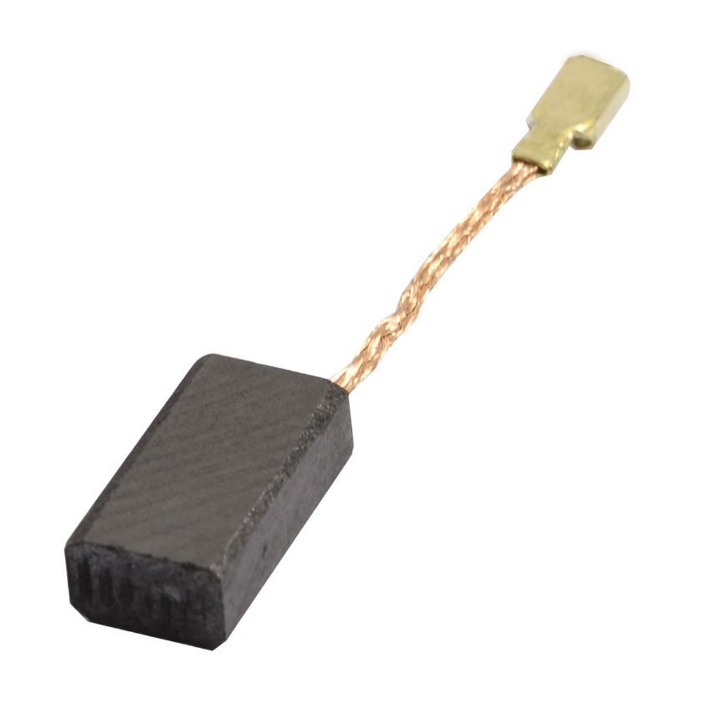When delving into the realm of electronics, the importance of electrical components and materials cannot be overstated. These crucial elements serve as the backbone of myriad electronic devices, impacting their efficiency, performance, and longevity. By understanding these components, we can appreciate the incredible advancements in technology and their applications.
Foundational Electrical Components
Resistors
Resistors are essential electrical components that control the flow of electric current in circuits. They function by providing resistance, ensuring that devices operate within safe parameters. The materials used in resistors, such as carbon and metal-film, significantly influence their performance and heat dissipation capabilities.
Capacitors
Capacitors store and release electrical energy, playing a critical role in stabilizing power supplies and filtering signals. The diverse array of capacitor materials, including ceramic, electrolytic, and tantalum, cater to specific needs based on their application, such as high-frequency circuits or energy storage solutions.
Inductors
Inductors, typically composed of coils of wire wound around a core, create a magnetic field when current flows through them. These electrical components are pivotal in applications like transformers and inductive sensors. The core material, whether ferrite or iron-based, greatly impacts the inductor’s efficiency and inductance value.
Essential Characteristics of Electrical Materials
Get more information from Portlandia Electric Supply .
Conductive Materials
Conductive materials, primarily metals like copper and aluminum, are indispensable in the fabrication of circuits and interconnections. Their high electrical conductivity ensures minimal energy loss and optimal performance. Innovations in conductive materials, such as graphene, promise to revolutionize future electronics.
Insulating Materials
Insulators prevent unwanted current flow, safeguarding electrical systems and human safety. Commonly used insulating materials include plastic, glass, and ceramics. Their role is vital in applications ranging from household wiring to high-voltage power lines, ensuring reliable operation and preventing hazardous situations.
Semiconductors
Semiconductors, including silicon and germanium, form the foundation of modern electronic devices. These materials possess unique properties that allow them to act as both conductors and insulators under different conditions. They are fundamental in the production of transistors, diodes, and integrated circuits, driving technological advancements in computing and communication.
Innovations Driving the Future of Electrical Components and Materials
The rapid evolution of technology continually pushes the boundaries of electrical components and materials. Emerging trends such as organic electronics, flexible circuits, and nanotechnology are paving the way for smaller, more efficient, and more versatile devices. These innovations have the potential to transform industries, from healthcare to consumer electronics, leading to a more connected and efficient world.
Understanding the intricacies of these components and materials not only enhances our grasp of existing technologies but also equips us to participate in the ongoing dialogue shaping the future of electronics. As we continue to explore and innovate, the significance of electrical components and materials will remain at the core of technological progress.



